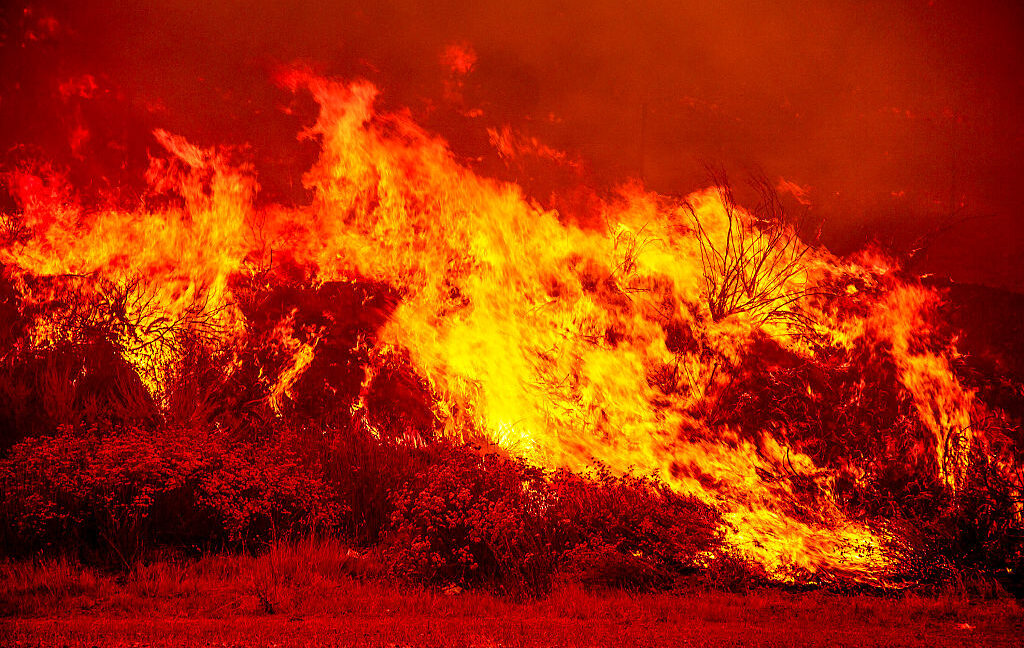
"The EPA made headlines by rejecting the document that establishes its ability to regulate greenhouse gases, coinciding with actions affecting climate change science and renewable energy."
"Collectively, these actions illuminate the administration's strategy for dealing with a problem that it would prefer to believe doesn't exist, despite extensive documentation of its reality."
"Wind and solar are generally the cheapest ways to generate electricity, currently undergoing a spectacular boom, yet were excluded from an executive order on energy solutions."
"Shutting down federal permitting for renewable energy with little justification could violate rules prohibiting arbitrary government decisions, highlighting the complexities faced by the Interior Department."
The EPA recently rejected a document critical for regulating greenhouse gases. This decision coincided with other actions challenging climate science and renewable energy advancements. These moves reflect the administration's reluctance to acknowledge climate change and its tailored strategy to satisfy various audiences. The Department of the Interior faces challenges in promoting wind and solar energy, which are becoming the cheapest electricity sources in the US, while navigating administrative policies favoring fossil fuels. This situation raises concerns over potential violations of regulations against arbitrary government decisions.
Read at Ars Technica
Unable to calculate read time
Collection
[
|
...
]